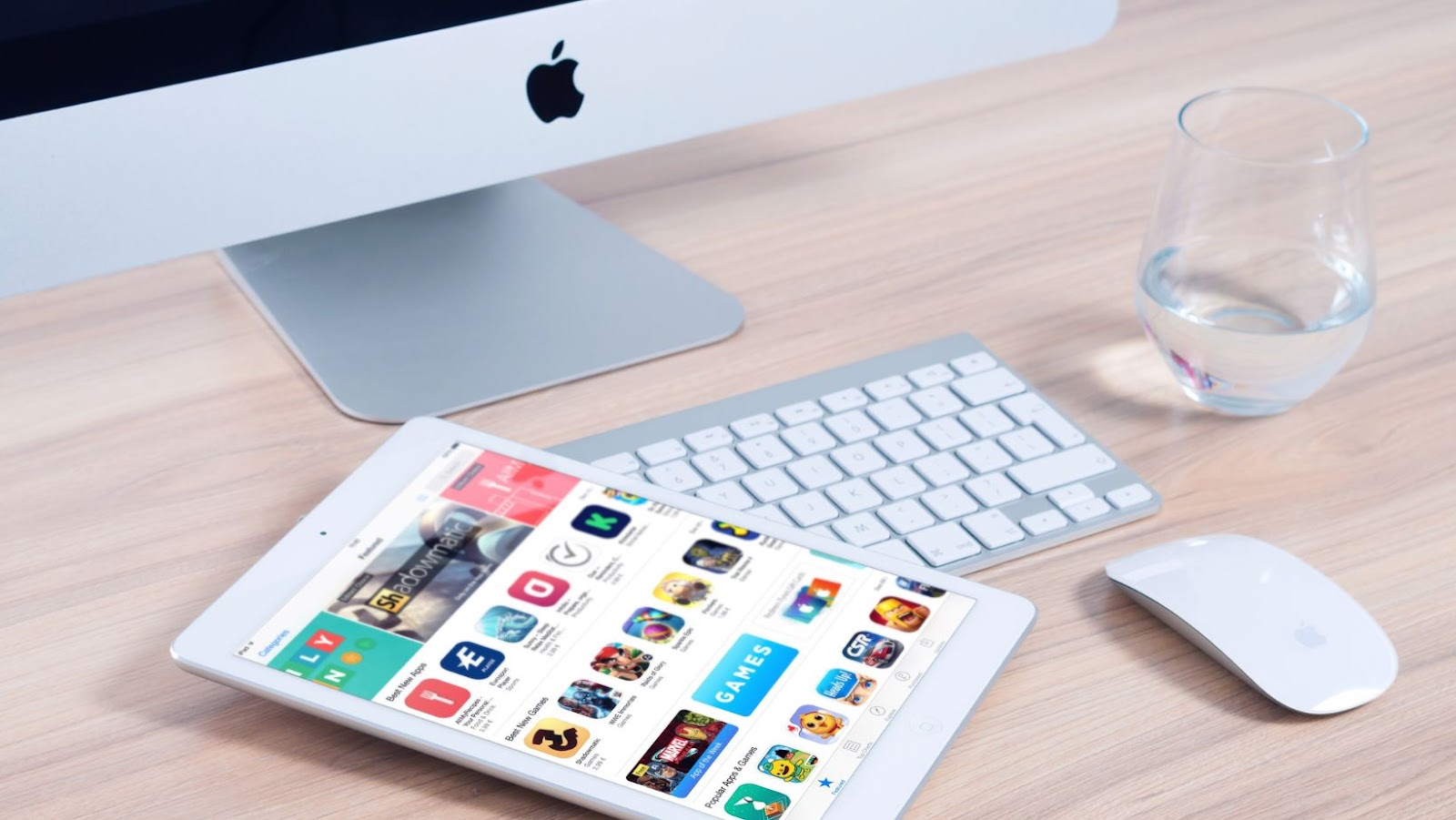In June 2019, BlackBerry Limited announced the sale of a wide portfolio of mobile communications and messaging related patents to Huawei Technologies Co. Ltd. for an estimated $600 million. This sale of the company’s patent portfolio marked a significant milestone in its transformation journey and enabled BlackBerry to further invest in its software development.
By understanding how and why BlackBerry decided to sell off its patents, and how the sale process was conducted, we can gain insight into BlackBerry’s business strategy and competitive positioning.
Overview of BlackBerry’s patent portfolio
BlackBerry, formerly known as RIM (Research in Motion), is a Canadian multinational company specializing in mobile hardware and software solutions. Over the years, the company has built up a sizeable patent portfolio of over 44,000 assets through research and development of their products and services.
In September 2017, BlackBerry announced that Chinese consortium PPTV had purchased 1,400 of its patents related to mobile communications for a sum of US$600 million. This included 986 patents and applications granted by the United States Patent & Trademark Office or USPTO as well as 422 additional international patents in China, Europe, India, and Canada. These proprietary technologies span 25 countries and cover different aspects of mobile security.
The license included a “worldwide perpetual” license for their messaging service such as Blackberry Messenger (BBM) which provides users with an easier way to communicate across various platforms including Android devices. It also includes access to other innovative mobile technologies inventing multi-platform messaging applications that seamlessly transfer data between multiple devices while keeping confidential information secure.
The licenses allows companies developing messaging solutions access to BlackBerry’s secure network technology including Global System for Mobile Communications (GSM) infrastructure allowing them make use of secure server-based connectivity extensively deployed by several telecom providers worldwide such as AT&T and Verizon among others.
Overall the sale allows BlackBerry to focus more on secure enterprise components on connected devices such as Internet of Things (IoT) machines while allowing those adapting the licensed technology provide better secure mobility solutions for enterprises worldwide with greater confidence that their customers’ data will remain confidential.
BlackBerry sells mobile and messaging patents for $600 million
In December 2019, BlackBerry announced it had entered into an agreement for the sale of a number of its patents and applications related to mobile messaging and secure mobility solutions for approximately US$600 million in cash. This marked the culmination of a strategic review process launched by the company earlier in the year.

BlackBerry had embarked upon a detailed analysis of its intellectual property assets, which resulted in the decision to sell a set of mobile and messaging-related patents along with license rights to several key partners. The transaction involved 37% of BlackBerry’s total patent portfolio and included assets formerly held by Nortel, which BlackBerry acquired in 2011.
With this decision, BlackBerry aimed to maximize value from its portfolio while preserving core assets that are important to furthering its strategy both in terms of strategic partnerships and protecting its existing products and businesses. By selling off elements of its patent portfolio that were no longer beneficial or necessary, it enabled the company to generate substantial additional liquidity while redirecting resources towards other initiatives such as improvements in software development and venture capital opportunities.
The sale concluded on June 26th 2020 enabling BlackBerry share holders to more fully realize the value that was discovered during its patent review activities earlier in 2019.
Reasons Behind BlackBerry’s Decision to Sell its Patent Portfolio
On July 23th 2020, BlackBerry announced its decision to sell its mobile and messaging patents for a total of $600 million. This move by BlackBerry is a way for the company to strengthen its financial position and create a secure financial base.

Let’s take a look at why BlackBerry decided to sell its patent portfolio and how this decision could affect the company’s future.
Declining market share
Before it sold most of its patent portfolio in April 2015, BlackBerry (then known as Research in Motion) had a long history of mobile and messaging leadership — in its heyday, the company shipped over 50 million smartphones annually and its social network service, BBM, was believed to have more than 80 million users worldwide. As the market shifted to Android and iOS devices however, BlackBerry found itself unable to compete with the rising platforms.
Over the next few years, BlackBerry’s sales plummeted from a peak of 70 million units during 2009 to just 8.2 million during 2013; as such, the company’s market share dropped from over 20% globally to less than 1%.
With no prospects for improvement on the horizon and a negative impact on revenues streams — particularly from recurring services associated with device shipments — BlackBerry determined that a strategic shift focused around innovation was their best chance for success; the patent portfolio sale was part of this renewed focus on differentiated products and services.
Increasing competition
In recent years, the mobile and messaging market has become increasingly competitive. Companies such as Apple, Google, and Microsoft have all released their own operating systems in an effort to gain a foothold in this rapidly growing industry. With this intense competition, BlackBerry has fallen behind in terms of innovation and sales. As a result of this decrease in market share, BlackBerry recently announced its decision to sell its patent portfolio for $600 million in order to focus more resources on its core products.
The decision to sell off its patent portfolio was not only motivated by the increased competition but also by a desire for an influx of cash that could be used for other purposes. The sale generated a total of $600 million dollars, which BlackBerry is using for research and development funding, M&A investments and debt payments. By selling off some of its key patents, BlackBerry was able to generate much needed revenue in order to fund more innovative projects down the line.
In addition, by selling some of its patents BlackBerry also gained added flexibility when it comes developing products with new partners as well as taking part in joint partnerships with other major companies. With the rising cost of developing new products due to increased competition, this extra revenue can provide much needed resources that will help BlackBerry remain competitive in the long-term.
Cost of maintaining patent portfolio
In the recent past, BlackBerry Limited (formerly known as Research In Motion Limited) had spent heavily on maintaining its patent portfolio in order to protect its product offerings, but with mounting expenses and a decrease in revenue, the company felt that it had no other option than to sell these patents. According to an article published by USA Today, BlackBerry estimated that the cost of maintaining its patent portfolio was approximately $500 million over a 12 month period. This represented approximately 5% of their total costs such as research and development, which in turn put additional strain on their bottom line earnings and contributed to their decision to sell some of their patents.
The sale of BlackBerry’s mobile and messaging patents for a total amount of $600 million was seen as an important move for the struggling company as it divested from expensive patent litigation that had weighed heavily on their budget. With these funds coming into the business they were able to continue operations while recouping some expenses they incurred while defending themselves against numerous lawsuits filed by competitors hoping to take advantage of their considerable intellectual property holdings. The sale allowed them additional breathing room financially, as well as allowing them more time for new strategies for generating revenue and developing new products or services.
Impact of the Sale
On April 25th, BlackBerry sold off its mobile and messaging patents for $600 million to a consortium led by the likes of Cisco, Google and Apple. This move was part of BlackBerry’s 3 year business turnaround plan.

The sale was highly profitable for BlackBerry, yet it also means that the company had to give up a substantial chunk of its intellectual property portfolio.
In this article, we will take a closer look at the impact of this sale on Blackberry’s business and industry.
Impact on BlackBerry’s financials
In April 2021, BlackBerry Ltd. announced the sale of a significant portion of their mobile and messaging patents for a net amount of approximately US$600 million. This represents a major milestone for BlackBerry as it continues to reshape its portfolio to pursue its digital transformation strategy.
The sale of the patents will have a positive effect on BlackBerry’s financials due to decreased royalty and litigation expenses as well as improved balance sheet liquidity. The additional funds received from the sale will enable BlackBerry to reinvest in digital transformation and software innovation efforts, with an eye towards further development of the company’s core products and customer base.
Furthermore, this move is expected to bolster confidence in investors due to measurable improvements in cash flow, profitability, and overall market position over time. By investing in their IT operations and leveraging the newly available cash flow, BlackBerry looks set to be able meet their current financial goals while positioning themselves favorably in fast-growing markets such as IoT, Cybersecurity, Data analytics and Artificial Intelligence (AI).
Overall this transaction will provide much needed stability for the company during its current struggles. This move is seen by many market watchers as literally taking steps-ahead with an eye towards long term growth potential for Blackberry’s portfolio.
Impact on BlackBerry’s competitors
The sale of BlackBerry’s patent portfolio for $600 million to Teletry, a consortium of investment funds affiliated with Nokia, has drastically shifted the mobile and messaging technology landscape. With control of over 2,000 unique patents from BlackBerry this sale allows Teletry to create new opportunities for the positive development and disruption of the cell phone market. Many experts are expecting that Nokia will be able to leverage this purchase to provide a competitive edge for their products.
For BlackBerry’s competitors such as Apple and Samsung, it could spell trouble in their already contentious rivalry over intellectual property rights. As Teletry begins exploring potential licensing options they may be able to monetize patents related to mobile messaging technology and create excess pressure on companies such as Apple and Samsung who use similar technologies within their own smartphones. The financial uncertainty caused by these negotiations may also lead Apple and Samsung to consider alternative approaches designed build up their product portfolios independent of these patent licenses.
